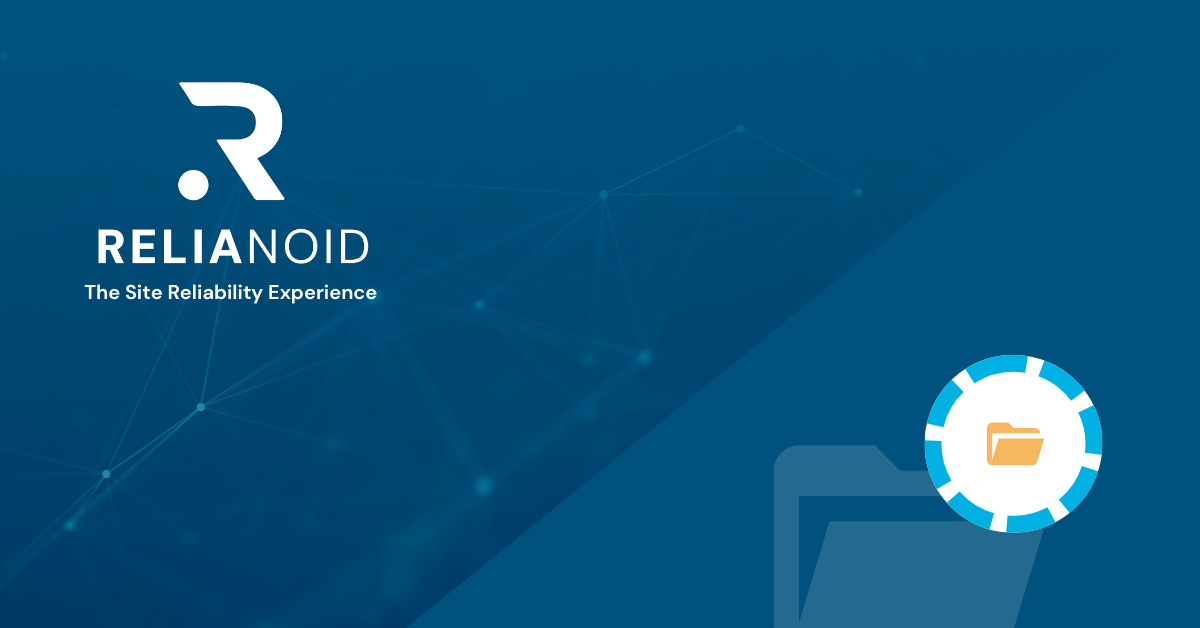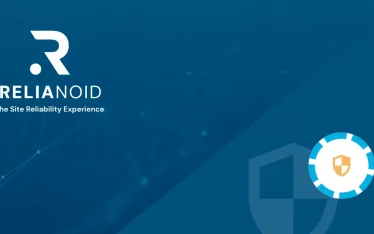
Introduction
Achieving and maintaining PCI DSS Compliance can be challenging for organizations of all sizes. It requires a thorough understanding of the payment security framework and diligent implementation of security controls. Entities handling payment card data must align with PCI DSS’s 12 requirements to safeguard the payment ecosystem. These requirements serve as a roadmap to fortify networks and infrastructure against cyber threats and data breaches. Here are valuable tips to help prepare for a PCI DSS Compliance Audit in the payment card industry data security context.
Understanding PCI DSS Compliance Requirements
PCI DSS Compliance is a critical security standard enforced by the PCI Security Standards Council to protect cardholder data. It comprises 12 Requirements focusing on technical and operational measures to secure sensitive payment card data. Here’s a brief overview:
PCI DSS Requirement 1: Install & Maintain a Firewall Configuration to Protect Cardholder data. Ensure secure network through proper firewall and router configurations.
PCI DSS Requirement 2: Do Not Use-Vendor Supplied Defaults for System Passwords and Other Security Parameters. Strengthen systems by avoiding default passwords and settings.
PCI DSS Requirement 3: Protect Stored Cardholder Data. Use encryption techniques to protect stored cardholder data.
PCI DSS Requirement 4: Encrypt Transmission of Cardholder Data across Open or Public Network. Encrypt cardholder data during transit over public networks.
PCI DSS Requirement 5: Use and Update Anti-virus Software or Program. Guard against malware and cyber threats with updated anti-virus software.
PCI DSS Requirement 6: Develop and Maintain Secure Systems and Application. Regularly review security implementations and install security patches.
PCI DSS Requirement 7: Restrict Access to Cardholder Data by Business Need to Know. Limit access to cardholder data based on necessity.
PCI DSS Requirement 8: Identify & Authenticate Access to System Components. Monitor and track system and data access with unique IDs.
PCI DSS Requirement 9: Restrict Physical Access to Cardholder Data. Implement physical access controls and secure devices.
PCI DSS Requirement 10: Track and Monitor All Access to Network Resources and Cardholder Data. Real-time tracking and monitoring to identify vulnerabilities.
PCI DSS Requirement 11: Regularly Test Security Systems and Process. Conduct regular vulnerability assessments and penetration tests.
PCI DSS Requirement 12: Maintain a Policy that Addresses Information Security for All Personnel. Create and uphold comprehensive security policies.
Understanding these requirements helps organizations prepare for the PCI DSS Compliance Audit in the payment card industry data security framework.
Steps to Prepare for PCI DSS Audit
Preparing for a PCI DSS Compliance audit involves meticulous reviews and rigorous processes. Here are key steps:
Avoid Assumptions; Stay Current with Compliance Requirements: Continuously update compliance measures to match evolving threats and standards.
Conduct a Compliance Gap Analysis: Identify current compliance status and address gaps.
Address All PCI DSS Requirements: Ensure full compliance with all 12 requirements.
Create Network and Data Flow Diagrams: Develop diagrams to understand network connectivity and data flow.
Perform Risk Assessment: Conduct annual risk assessments to identify and prioritize security implementations.
Document Policies and Processes: Keep detailed records of all security measures and compliance policies.
Third-party Vendor Compliance: Verify that third-party vendors comply with PCI DSS requirements.
Conduct Internal Assessments: Regularly perform internal assessments to identify and address process gaps.
Following these steps enhances readiness for a PCI DSS Compliance audit in the payment card industry data security environment.
How RELIANOID Load Balancer simplify the PCI DSS Compliance
RELIANOID simplifies PCI DSS (Payment Card Industry Data Security Standard) compliance through various features and strategies that enhance security, streamline processes, and ensure adherence to the required standards. Here’s how RELIANOID achieves this:
Enhanced Security Features
SSL Offloading: RELIANOID provides SSL offloading capabilities, which handle the encryption and decryption of SSL/TLS traffic. This ensures that sensitive data is protected during transmission, a critical requirement for PCI DSS compliance.
Web Application Firewall (WAF): The built-in WAF helps protect against common web exploits and vulnerabilities, such as SQL injection and cross-site scripting (XSS), which are key considerations for PCI DSS.
Intrusion Prevention System (IPS): RELIANOID includes IPS to detect and prevent malicious activities and intrusions, ensuring the integrity and security of cardholder data.
Streamlined Configuration and Management
Centralized Management: The platform offers centralized management for all load balancing and security settings, simplifying the configuration and monitoring processes.
Automation and Orchestration: Automation features reduce the risk of human error and ensure consistent application of security policies and configurations, essential for maintaining compliance.
Comprehensive Logging and Monitoring
Real-Time Monitoring: RELIANOID provides real-time monitoring of traffic and security events, allowing for quick detection and response to potential security incidents.
Detailed Logging: Comprehensive logging features ensure that all access and security events are recorded. This is crucial for audit trails, a core requirement of PCI DSS compliance.
Network Segmentation
Segmentation Capabilities: The platform supports network segmentation, which isolates cardholder data environments (CDE) from other parts of the network, reducing the scope of PCI DSS compliance.
Virtual Load Balancing: Virtual load balancing instances can be deployed to ensure that different environments (development, testing, production) are adequately separated.
Regular Updates and Patches
Automated Updates: RELIANOID regularly releases security updates and patches. Ensuring systems are up-to-date with the latest security fixes is a critical aspect of PCI DSS compliance.
Compliance Maintenance: By keeping the software updated, RELIANOID helps organizations maintain compliance with the latest PCI DSS requirements.
Simplified Audits
Comprehensive Reporting: The platform provides detailed compliance reports that auditors can use to verify that security measures are in place and functioning correctly.
Easy Access to Compliance Information: RELIANOID’s user-friendly interface allows easy access to all necessary compliance information and documentation, streamlining the audit process.
Support and Documentation
Expert Support: Access to expert support ensures that organizations can quickly resolve any compliance-related issues or queries.
Detailed Documentation: Comprehensive documentation guides organizations through the setup and maintenance of PCI DSS-compliant configurations.
By integrating these features, RELIANOID simplifies the complex process of achieving and maintaining PCI DSS compliance, helping organizations protect cardholder data effectively while reducing administrative overhead.
Final Thoughts
PCI DSS Compliance is essential for merchants and service providers in the payment card industry. Regular internal audits and assessments, preferably conducted by a qualified professional, demonstrate an organization’s commitment to safeguarding cardholder data and fulfilling compliance obligations. Engaging a skilled compliance consultant can help ensure alignment with PCI DSS mandates.
RELIANOID effectively simplifies and enhances PCI DSS compliance through its robust security features, including SSL offloading, Web Application Firewall (WAF), and Intrusion Prevention System (IPS), which protect cardholder data from various threats. Its centralized management, real-time monitoring, detailed logging, and automated updates ensure consistent security practices and quick responses to potential incidents. Additionally, network segmentation and comprehensive reporting streamline the compliance and audit processes, making RELIANOID an invaluable tool for organizations aiming to secure payment card data and maintain PCI DSS compliance efficiently. Try RELIANOID to simplify PCI DSS Compliance!




